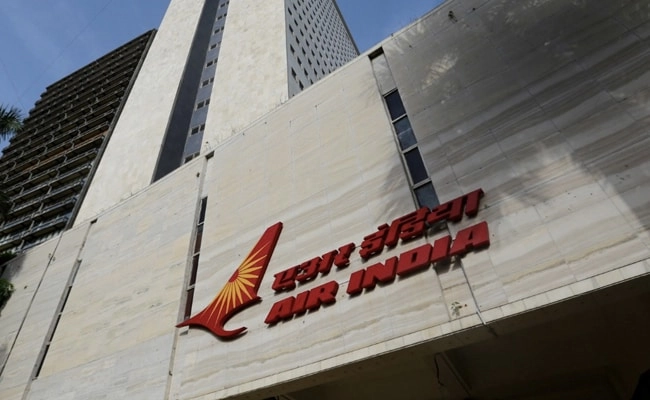Air India recently faced a significant disruption affecting its Delhi to US flight, which was unexpectedly canceled during a scheduled fuel stop in Vienna. Passengers traveling on this route were left in a state of confusion and frustration as they learned that their flight would not continue as planned. The incident underscores the challenges airlines can face regarding operational logistics, particularly when international travel is involved.
The cancellation occurred after the aircraft landed in Vienna for refueling, a routine procedure necessary for long-haul flights. However, the decision to cancel the flight at this juncture raised numerous questions among travelers about the airline’s contingency planning and communication strategies. Many passengers found themselves stranded at the Vienna airport, grappling with the uncertainty of rebooking their flights and the potential for additional delays.
Air India, like many carriers, has been navigating a complex landscape since the pandemic, attempting to balance demand with operational capabilities. This incident illustrates how external factors can lead to unexpected cancellations, impacting the travel plans of numerous individuals. The airline has reportedly been working to assist affected passengers, offering rebooking options and accommodations where necessary.
As air travel continues to recover globally, incidents like this can serve as important reminders for airlines to enhance their operational resilience and improve customer communication. Travelers are encouraged to stay informed about their flight statuses and be prepared for potential changes, particularly when flying long distances. The situation in Vienna serves as a case study for both airlines and passengers alike, emphasizing the need for adaptability in the ever-evolving world of aviation.




